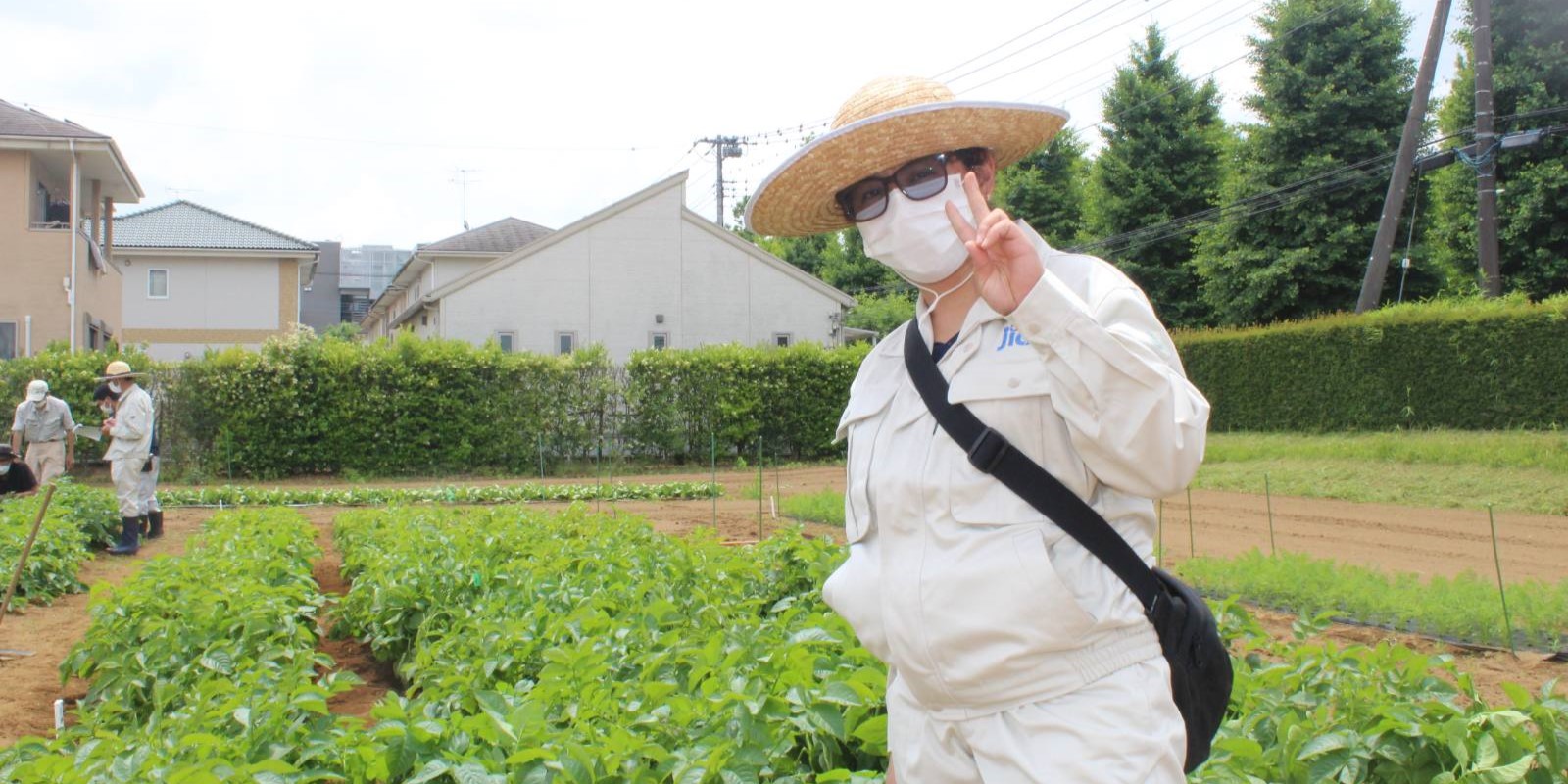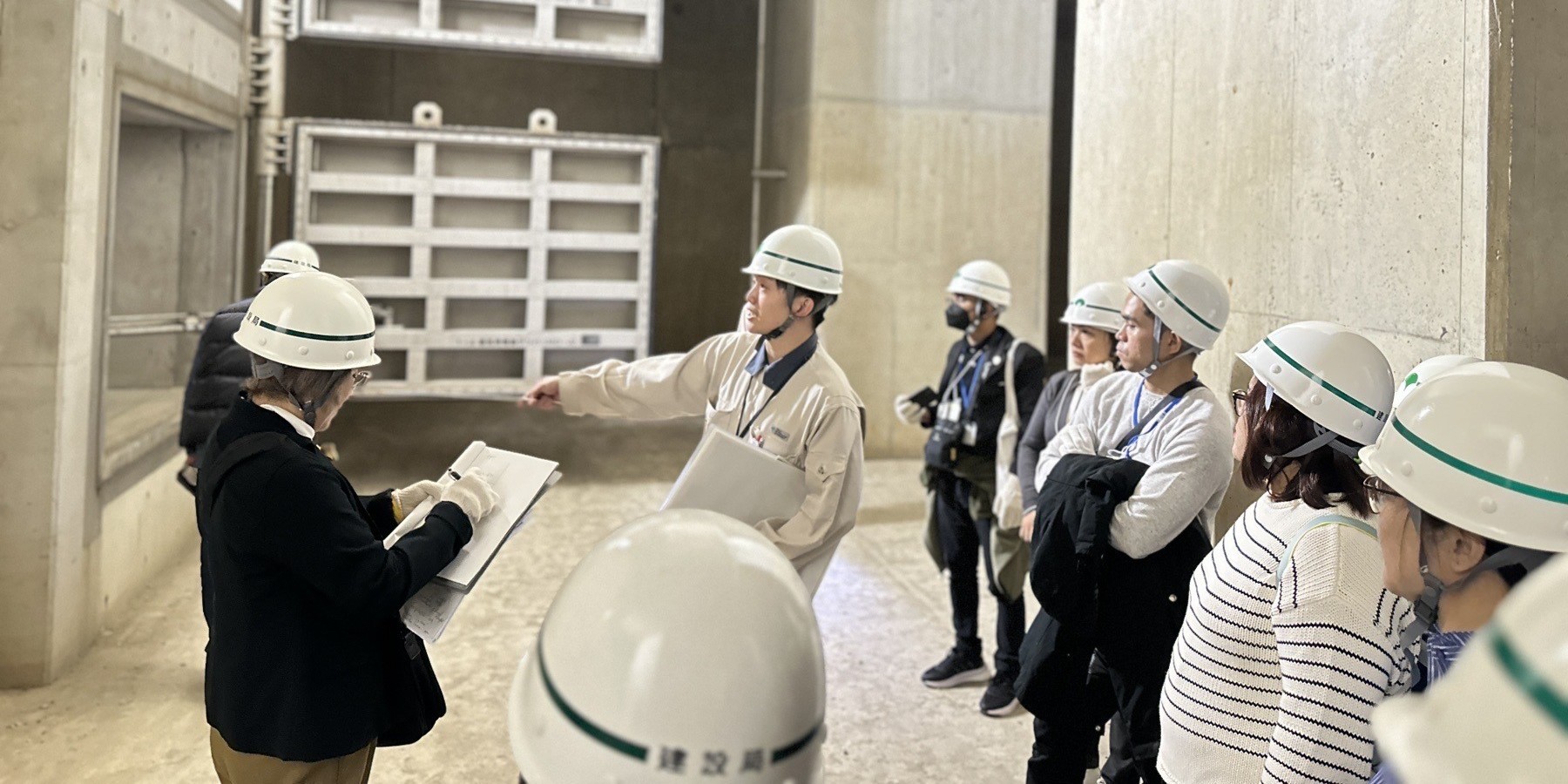KCCP Short-Term Programs are trainings that are held from a week to less than a year. It serves as a platform for interaction-based learning, allowing participants from around the globe to acquire knowledge and skills. These programs deepen the trainees' understanding of societal issues and enhance their ability to address them. Upon completion, trainees are expected to become catalysts, inspiring their colleagues and communities to solve development challenges and drive meaningful change.
Currently, there are three types of programs under it.
YOUNG LEADERS
Young Leaders (YL) programs are designed to provide specialized training and site visits for sustainable capacity development. This initiative brings together groups of promising young leaders from one country to Japan, where they can enhance their expertise through first-hand experience of and exposure to Japan's technologies and practices, and direct collaboration with communities. By equipping them with advanced technologies and knowledge, the program empowers them to drive more meaningful contribution in their sector when they return to their home country.
GROUP AND REGION FOCUS
Group and Region Focus (GRF) programs offer participants from various developing countries Japan's unique knowledge and development experiences through basic, mid-level, and advanced sectoral trainings directly thought by Japan's experts, government and non-government organizatins, and academic institutions. This program also fosters co-learning among participating countries, including Japan, through interactive discussions and presentations where participants share their insights and expertise.
COUNTRY FOCUS
Country Focus (CF) programs are tailored to meet the specific needs of a JICA project through conduct of trainings in Japan for its counterparts. They are designed to equip counterpart trainees with the skills and knowledge necessary to have a broader understanding on the project and address its issues vis a vis their country's unique challenges and drive sustainable development. The Philippines has sent numerous trainees under this scheme, benefitting from an array of projects in various sectors such as agriculture, disaster management, transportation, health, and economic development.






scroll